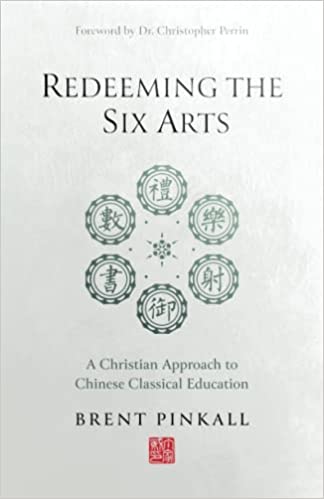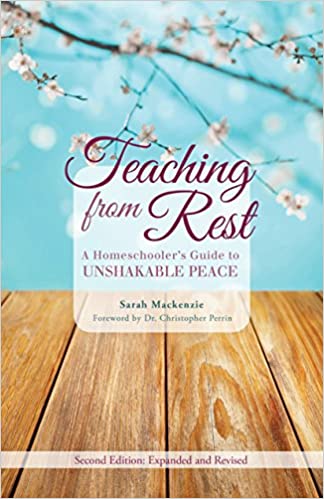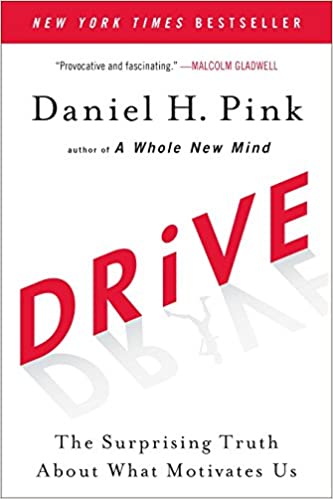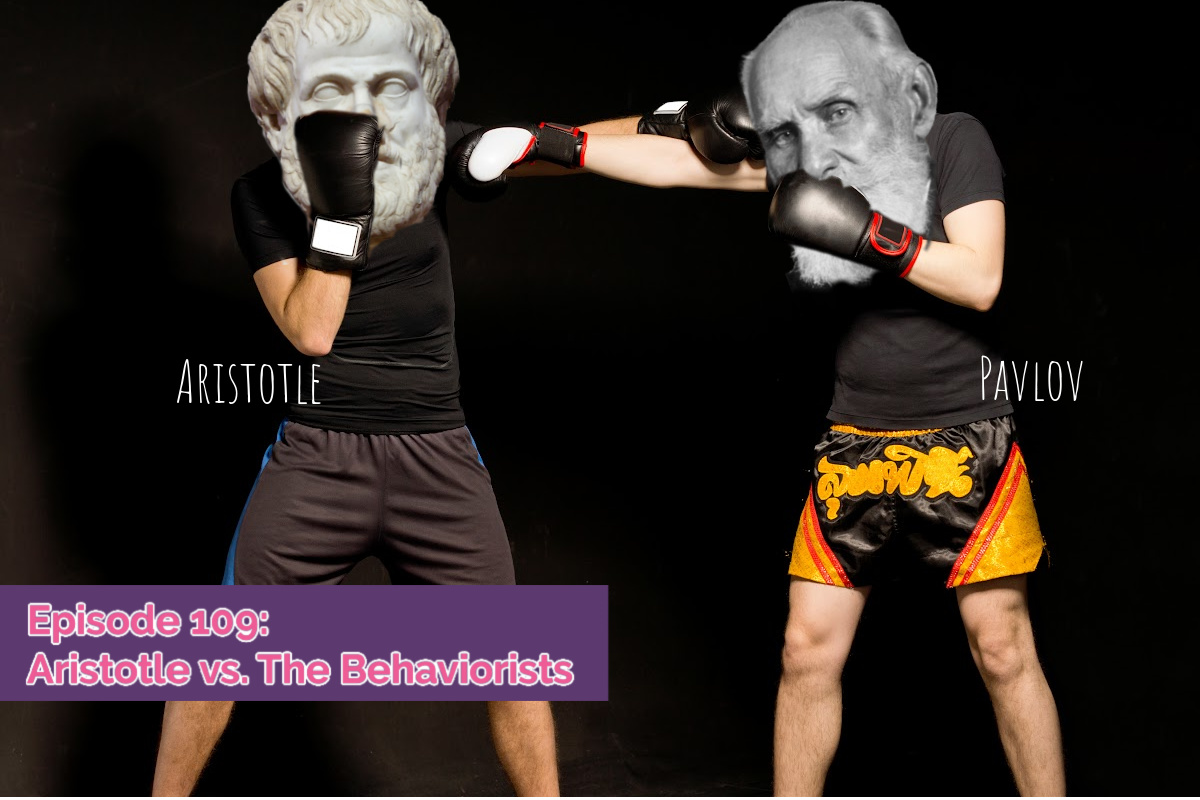SS #119 – Rewards Revisited
We live in a world that is obsessed with rewards and even driven by it. We are controlled by our appetite for quick hits of dopamine as the designers of technology get better and better at manipulating that ability. We are told every goal must have a reward, as does every habit. We are trained to seek better grades, better paychecks, and more likes. How should we approach rewards as educators with our students?
We are titling this episode “Rewards Revisited” because we’ve covered this topic once before on the show – a number of years ago in an episode we did with Karen Glass called Death By Sticker Chart. We feel like it’s time to talk through all of this again from a fresh perspective.
Listen to the podcast:
TUNE IN:
Apple Podcasts | Spotify | Stitcher
Rewards
Today’s Hosts and Source

Brandy Vencel homeschools her four kids without grades or sticker charts.

Abby Wahl homeschools her five kids and teaches them to never quit on a bad day.
Jason Barney serves as the Principal of Coram Deo Academy in Carmel, IN. In 2012 he was awarded the Henry Salvatori Prize for Excellence in Teaching from Hillsdale College. He completed his MA in Biblical Exegesis at Wheaton College, where he received The Tenney Award in New Testament Studies. In addition to his administrative responsibilities in vision, philosophy and faculty training, Jason has taught courses in Latin, Humanities, and Senior Thesis from 3rd-12th grades. He has published several books, including A Classical Guide to Narration with the CiRCE Institute and A Short History of Narration with Educational Renaissance. Jason blogs regularly on ancient wisdom for the modern era at www.educationalrenaissance.com.
Scholé Every Day: What We’re Reading
Outdoor Kids in an Outside World, Steven Rinella
Abby is reading this title by a conservationist who encourages healthy outdoor family time for all.
Redeeming the Six Arts: A Christian Approach to Chinese Classical Education, Brent Pinkall
Turns out people throughout history and cultures have figured out human education by observation and thought.
Range, David Epstein
Jason is reading this title in praise of the generalist, that shows how having a broad range of interests and skills helps develop your ability more than specialization of the “1000 hours” sort.
Are all rewards bad?
The first place we should go as Christians is to Scripture and biblical models. Jesus offers rewards, so they are not all bad. However, the rewards Jesus gives are on a longer time horizon than we’re often comfortable with. Jesus’ rewards for faithful followers is not akin to a mom giving kids candy for doing their chores.
We have to look at what you’re doing for the reward and what rewards you’re giving or desiring.
Natural rewards and natural consequences are vital to education. God has set up the world to operate whereby we reap what we sow.
Rewards can easily be used to manipulate. The common way to use either rewards or punishments controls or undercuts natural rewards or desires.
Rewards cheapen activities
When we have systems in place that overwhelm the student’s imagination or manipulate his attention.
When you place an unnatural reward to an activity that has an inherent reward, you supplant the desire to do the activity for its own sake. It sends the message that we have to be tricked into doing activities that are good for us.
Giving rewards can end up cheapening the activity that is naturally beneficial.
Rewards shape loves
When we offer cheap rewards for work that should be naturally satisfying, we are training the student’s love of personal gain or pleasure, not his love of knowledge or ability. In a way, we’re reinforcing to the student that he’s not intrinsically motivated, and his desire for lesser goods is how he’s to be reached.
Can intrinsic motivation be used?
We use rewards because they do work to manipulate behavior and get the result you want. But we have to look longer term.
Students often don’t have the intrinsic motivation they should have. In fact, it’s inevitable that we all will lack the intrinsic motivation we ought to have. So how do we train it, develop it?
First, don’t let the kids get out of the work. They have to persevere and push through work they don’t like or want to do. This isn’t for all good work, but for work that is truly a duty and for work you’ve determined they do need to do.
Second, we inspire intrinsic motivation by leading and coaxing in the right direction. It will be caught, not taught.
Third, check in on the challenge level – it cannot be too easy nor too difficult to be rewarding. Give the student some wins to reinforce that it’s worthwhile and possible.
We need to enculturate them into the love of the subject or skill and that will take time and many conversations and much modeling.
How to motivate students
Ease the student into the subject or skill and hook them. Show them the compelling vision and possibility of the endeavor. Motivation at the beginning is the work of a good teacher showing the way and painting the picture.
Students shouldn’t be motivated by pleasing the teacher, but rather the teacher is demonstrating how the subject or skill is motivating and satisfying and worthwhile in itself.
Be sure the grind of the work doesn’t outweigh the glory of it.
When you tell them to do something for the discipline, they will hate it. If you show them the joy of the work, they will actually get the discipline part to get the joy.
Arts require practice
No art is child-centered. Every art has its own standard of excellence and we enter the path to get skill. So although we are wooing our students into the art, they aren’t the focus – the end-point of the art is the focus.
Training in arts is also not everything. We also want to introduce our kids to all the areas of knowledge, not all of which are arts. We want our children to live in the world of books and ideas, not just intense discipline in particular arts.
What do we do when we don’t have intrinsic motivation as moms?
What would my wife say about my answer?
Jason Barney
Remember that you are a spiritual being and not just a workhorse. You have to carve out time for your own growth and enjoyment.
Dive in not just to stretch-goal books, but also areas that delight you so you can grow your own delighted approach to life. Feed yourself on ideas and joy in the world.
Whatever you are teaching your kids, do what you can to sit in that material yourself for a bit. Don’t just do it to check off the box. Think about it yourself for a minute. You are learning alongside them, so you can’t teach
I’m just going to go Charlotte Mason on you.
Jason Barney
If you have a sense of what you’re called to do, you’ll work at it. Your sense of its value moves your forward and keeps you going.
When a student comes to the table with damaged motivation
The culture that he enters is extremely important because culture is contagious. If he hangs out with kids who love learning, he will follow. We are communal beings and our surrounding culture matters.
Look to your kids’ friends. Be intentional with your family culture. Love learning yourself and hang out with your kids, learning alongside them.
Mentioned in the Episode
Listen to related episodes:
SS #140 – Rewards & Motivation
SS #109 – Aristotle v. Behaviorists
SS #67: Death by Sticker Chart (with Karen Glass!)















